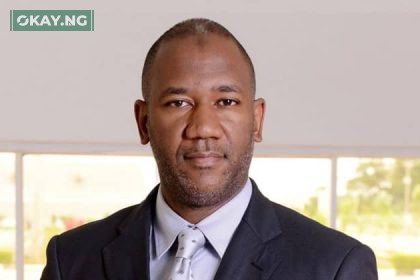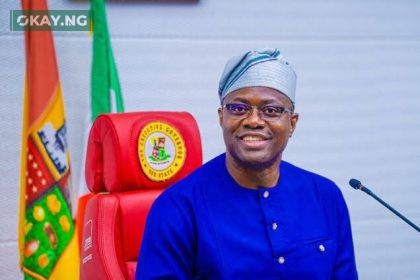Sixteen state governors have thrown their weight behind the creation of state police forces as a proactive measure to address the prevailing security challenges gripping Nigeria.
The move was endorsed during the 140th meeting of the National Economic Council (NEC), underscores the growing consensus among key stakeholders for governors to wield greater control over law enforcement within their jurisdictions.
The decision, announced by Vice President Kashim Shettima during the virtual NEC meeting, signals a pivotal shift in Nigeria’s security landscape. Minister of Budget and Economic Planning, Atiku Bagudu, highlighted that out of the 36 states, 20 governors and the Federal Capital Territory (FCT) have yet to submit their positions on the matter.
The governors advocating for state police also emphasized the urgent need for a comprehensive review of the Nigerian Constitution to accommodate this crucial reform. Their call reflects mounting pressure from various quarters, including security experts, analysts, and political figures, who have long championed the decentralization of policing powers as a strategic response to escalating security threats such as kidnapping and banditry.
The clamor for state police has gained momentum in recent years, with prominent voices within and outside the political sphere advocating for its implementation. Notably, governors affiliated with the Peoples Democratic Party (PDP) reiterated their support for state policing, citing it as a vital solution to Nigeria’s deteriorating security situation.
Moreover, regional socio-political groups, including Afenifere, Ohanaeze Ndigbo, Middle Belt Forum, and the Northern Elders’ Forum, have consistently echoed the call for state police as a viable strategy to combat the nation’s myriad security challenges.
While some states have taken proactive steps by establishing regional security outfits like Amotekun in the South-West and Ebube Agu in the South-East, the effectiveness of these initiatives has been hindered by the lack of federal endorsement and authorization to bear arms.
Despite the challenges, states continue to advocate for the empowerment of their security agencies with necessary tools and resources, including the authorization to bear assault rifles, to effectively confront armed criminal elements.












